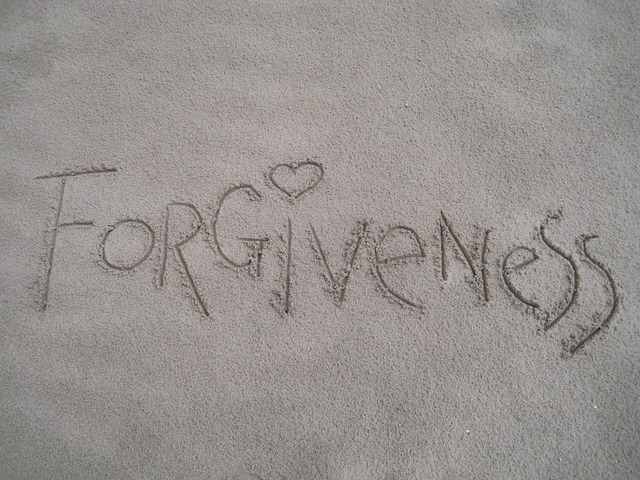We have all hurt ourselves and other people during our lives – it’s part of being human. Unfortunately, we can carry around the associated guilt, negative self-evaluation, and sense of unworthiness that act as a dead weight holding us back and weighing us down.
Self-forgiveness and self-compassion are essential for our mental health and wellbeing and for the development of wisdom. Sometimes, the accumulated guilt for the hurts we have caused seems too great for us to tackle it. The sense of guilt and shame becomes buried deeply in our psyche as we avoid confronting the hurt we have created by our words, actions or omissions. Self-forgiveness is the way forward and the means to release ourselves from the tyranny of guilt.
However, we can often be held back by the misconceptions and unfounded beliefs we hold about forgiveness meditation. Jack Kornfield identifies three myths that get in the road of our practising self-forgiveness:
- Myth 1: Forgiveness is a sign of weakness – in reality, forgiveness requires considerable courage to “confront our demons” and deal with the pain of self-discovery. The demand for courage is especially pertinent when addiction is involved.
- Myth 2: Forgiveness means we are condoning the hurtful action – in fact, we often resolve never to do that hurtful action again or to avoid the situation where we are tempted to react inappropriately. If we fail to address the guilt and shame, we are held captive and are more likely to take that hurtful action again
- Myth 3: Forgiveness is a quick fix – it can be far from this. Jack Kornfield recalled a mindfulness teacher that requested that he do a 5-minute forgiveness exercise 300 times over a number of months. If we undertake forgiveness meditation, we can procrastinate or fall into the trap of the opposite of forgiveness (blame, self-loathing). Sometimes self-forgiveness will involve a lot of pain, regression, diversion and ongoing effort to avoid falling back into a lack of loving kindness.
Self-forgiveness is something we have to keep working at as we go deeper into our feelings of shame and guilt and their hidden sources. Jack Kornfield suggests that self-forgiveness releases us from the burden of the past and allows us to open to our heartfelt sense of our own goodness.
As we grow in mindfulness through self-forgiveness meditation, we can gain a sense of freedom to be ourselves, a newfound self-respect and energy for kindness and compassion towards others. We will become less self-absorbed and weighed down and feel free to open up to others.
By Ron Passfield – Copyright (Creative Commons license, Attribution–Non Commercial–No Derivatives)
Image source: courtesy of BenteBoe on Pixabay
Disclosure: If you purchase a product through this site, I may earn a commission which will help to pay for the site, the associated Meetup group and the resources to support the blog.
